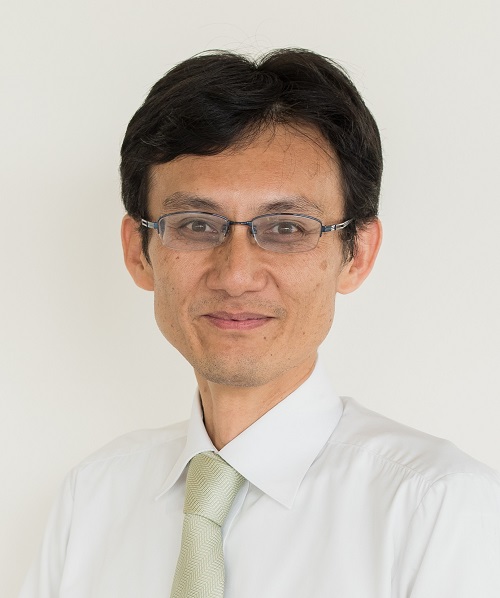Keynote
Maki Sakamoto(The University of Electro-Communications)

Title
Automatic Estimation of Affective Impressions from a Single Sound-symbolic Word and Word-based Visualization of Perceptual Space
Abstract
The semantic differential (SD) was mainly developed by the US psychologist Charles E. Osgood in 1950s. Since then, it has been widely applied to capture the affective and cognitive factors of respondents’ attributions to selected concepts and objects on a multidimensional level. This method asks respondents to analyze their affective impression and perceptual experiences one by one. On the other hand, Gestalt psychology implies that human understands external stimuli as whole rather than the sum of their parts. Therefore, we proposed a system that can automatically estimate multidimensional ratings of affective impressions of objects from a single sound-symbolic word that has been spontaneously and intuitively expressed by a user. When a user inputs a sound-symbolic word into the system, the system refers to a database of phonemes and their auditory impressions and calculates ratings in terms of fundamental scales of affective and perceptual experiences. In this talk I will outline the advantage of our method in visualizing our affective impressions of objects and our perceptual space.
Profile
Dr. Maki Sakamoto is Professor of Affective Engineering in Department of Informatics, The University of Electro-Communications. She received her Ph.D. in Language and Information Sciences from the University of Tokyo in 2000. From 1998 to 2000, she was an Assistant Professor at the University of Tokyo. In 2000 she moved to the University of Electro-Communications as a Lecturer. She became an Associate Professor in 2004 and a Professor in 2015. She is a vice-director of Artificial Intelligence Exploration Research Center. In 2014, she received the best paper award from the Japanese Society for Artificial Intelligence. Her current research interests are in language, cognition, perception, affective engineering including affective AI. She is a board member of JSAI and JCSS.
Syoji Kobashi (University of Hyogo)

Title
Current Achievements and Future Perspectives for Artificial Intelligence in Medical Engineering
Abstract
There is no doubt that artificial intelligence (AI) will play the important role of the future medical science. The Ministry of Health, Labor and Welfare (MHLW) in Japan indicates six important areas for AI development in medicine; they are genomic medicine, diagnostic imaging support, diagnostic treatment support, drug development, nursing care, and surgery assistance. And, AI based computer programs for diagnosing diseases have been approved recently by Pharmaceuticals and Medical Devices Agency (PMDA), JAPAN. At first, this talk will survey the current progress of AI development of medicine in not only Japan but also world.
Next, I will introduce a basic methodology of applying AI to medicine through our achievements on computer-aided diagnosis of rheumatoid arthritis (RA). RA is an autoimmune disorder and results in painful joints. The guideline of RA diagnosis method includes the evaluation of hand X-ray radiograph. The RA progress in X-ray radiograph can be quantified by using modified total sharp score (mTSS), which is defined as the sum of erosion and joint space narrowing (JSN) scores. Due to the time consuming of for image interpretation, many hospitals skips the numeric evaluation of X-ray radiograph. The proposed system first automatically detects finger joints in X-ray radiograph images using support vector machine (SVM), convolutional neural network (CNN), and needless to say image processing techniques. The system belongs to the key area of diagnostic imaging support. The accurate quantification of RA will assist physicians to perform the appropriate treatment, and then will support the evidence based medicine (EBM).
In conclusion, I will summarize the talk, and mention the future perspectives.
Profile
Syoji Kobashi received BE (1995), ME (1997), and Doctor of Engineering (2000) all from Himeji institute of Technology, Japan. He is currently a professor at University of Hyogo, and a director of Advanced Medical Engineering Research Center, University of Hyogo. And, he was a guest associate professor at Osaka University (2010-2016), and was a visiting scholar at University of Pennsylvania (2011-2012). His research interests include medical image understanding and artificial intelligence. He received 16 international awards, including Lifetime Achievement Award (WAC, 2016) and Franklin V. Taylor Memorial Award (IEEE-SMCS, 2009). He is an editor-at-large of Intelligent Automation & Soft Computing journal. He is the senior member of IEEE.
